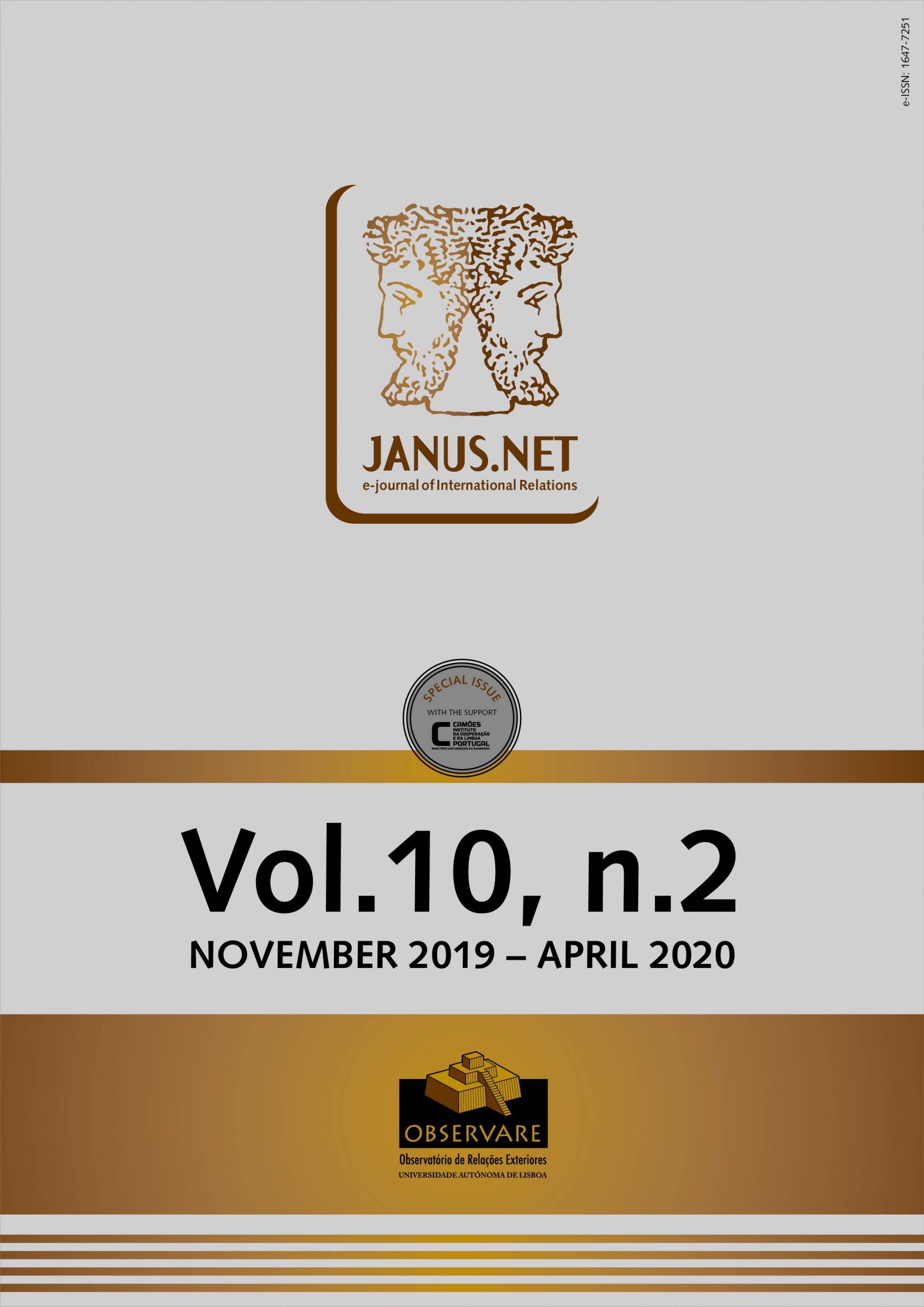Current scientific evidence shows that human activities are causing interference at different levels in the global climate and availability of natural resources, and many authors already relate water scarcity to the increased risk of violent conflict, particularly in rural societies on the African continent. Climate disruptions caused by climate change are reflected on a regional and local scale, and the greatest impacts are already being felt in the poorest areas of the planet. Nigeria, Africa’s most populous country, has been facing environmental problems in its territory that can be associated with climate change, such as rising temperatures, reduced rainfall and advancing desertification. Considering that all these phenomena have been worsening since the early twentieth century in Nigeria and, due to the escalating of violent conflicts since the beginning of the current century, the objective of this paper is to analyse how climate change can interfere in the conflict between herdsmen and farmers, as well as the possible impact of seasonal variation in rainfall on the dynamics of these communal conflicts. The study focused on literature review and the case study took place in four Nigerian states (Plateau, Benue, Taraba and Nasarawa) for the period 2010-2017, focusing on the communal conflict involving the Fulani ethnic group. The approach adopted was the inductive method in which the behaviour of rainfall in the study area was compared with the number of deaths resulting from the conflict, in addition to using geo-processing software to understand the spatial and temporal distribution of casualties. The theoretical framework used was that proposed by Thomas Homer-Dixon (1994) and the information was collected from primary sources, with consultation of qualitative and quantitative data, and from secondary sources through book reviews, publications and papers in scientific journals. While it is not yet possible to establish a direct and linear relationship between climate change and violent conflict, the revised literature indicates that competition for water and other natural resources in certain parts of Nigeria is increasing, and that the violent conflicts between Fulani herdsmen and farmers are increasing due to the dispute over access to water sources and grazing lands. Data analysis shows that in the study area there are 46.4% more deaths in the dry season (November to April) than in the rainy season (May to October). While there are still not enough elements to conclude that climate change is the primary cause of the conflict, the analysis reinforces the need, in certain contexts, particularly in developing countries with populations highly dependent on the primary sector of the economy, for the impacts of climate change to be seriously considered as a risk to human security.
THE INFLUENCE OF CLIMATE CHANGE ON THE ESCALATING COMMUNAL CONFLICT BETWEEN HERDSMEN AND FARMERS: THE CASE OF THE FULANI ETHNIC GROUP IN NIGERIA*
Ph.D. student in International Relations: Geopolitics and Geoeconomics at Universidade Autónoma de Lisboa - UAL (Portugal). Holder of a master degree in Natural Resource Management and Local Development in the Amazon from UFPA (Brazil) and of a bachelor degree in Geography from UFRGS (Brazil). Has been working in the area of climate change since 2005, with experience in the public and private sectors.
Resumo
Palavras-chave
Como citar este artigo
Furini, Gustavo (2019). “The influence of climate change on the escalating communal conflict between herdsmen and farmers: the case of the Fulani ethnic group in Nigeria”. JANUS.NET e-journal of International Relations, Vol. 10, N.º 2, November 2019-April 2020. Consulted [online] on the date of the last visit, https://doi.org/10.26619/1647-7251.10.2.3
Article received on 29 November, 2018 and accepted for publication on 4 June, 2019















